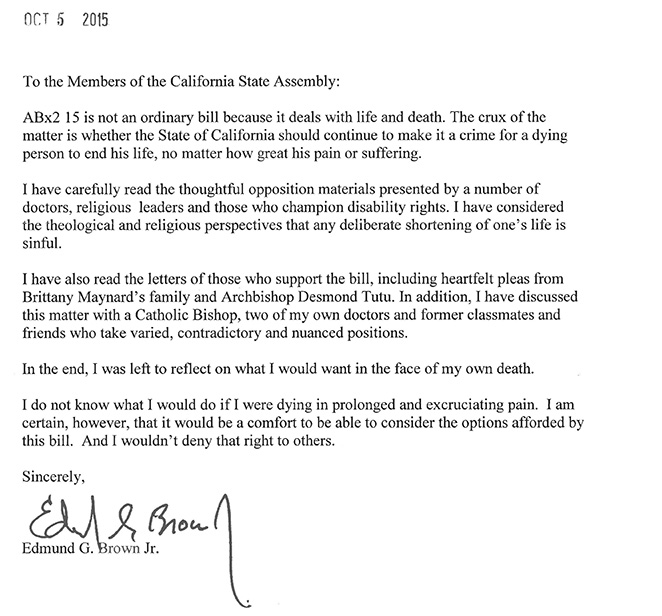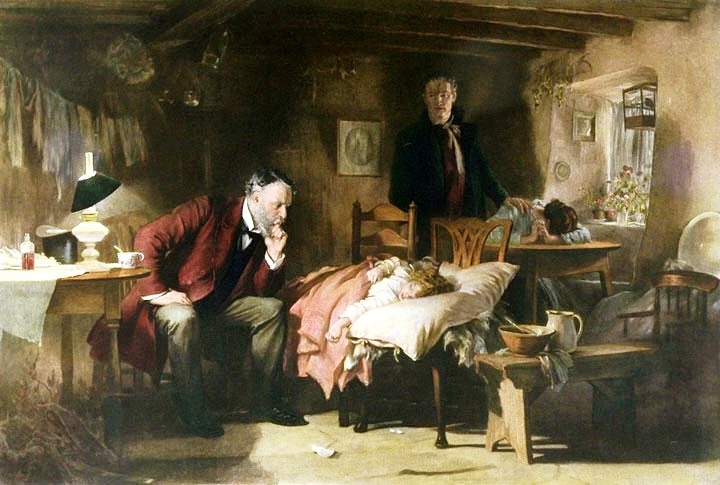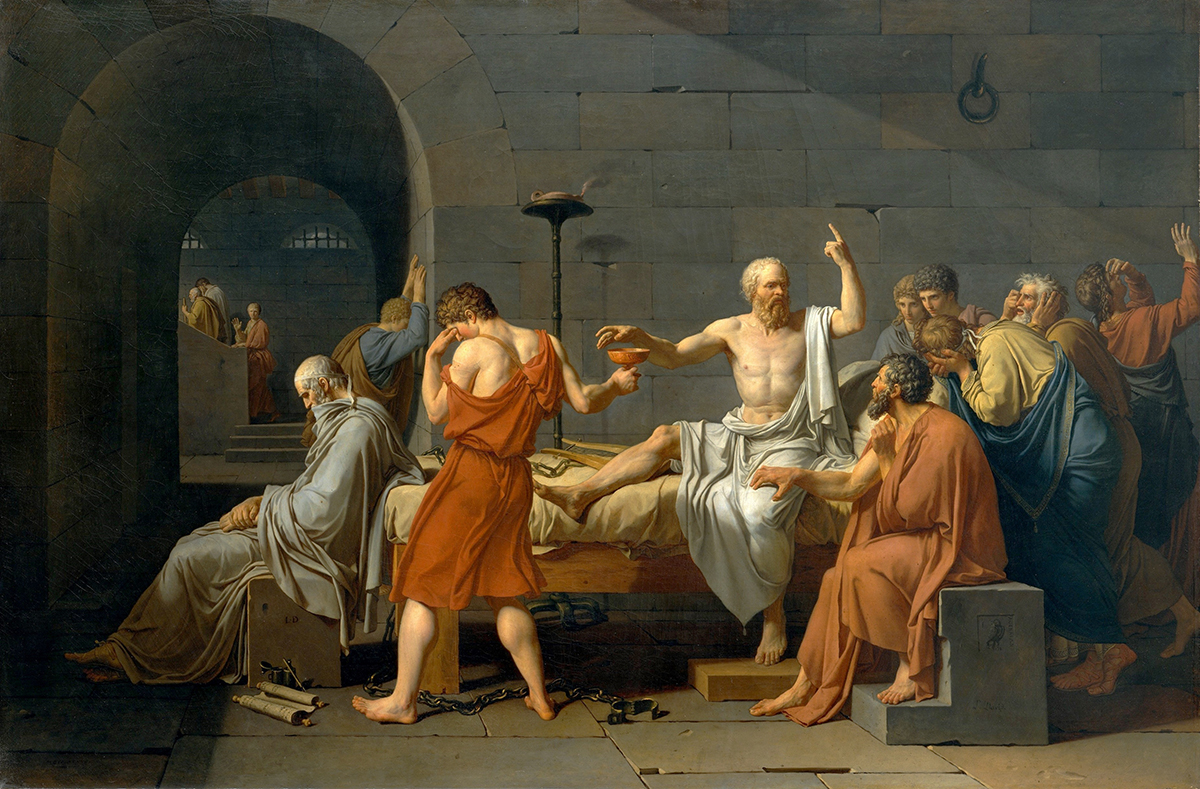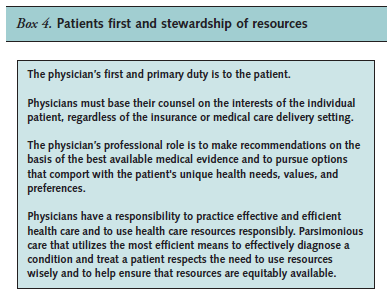[I’m on summer break but I thought you might enjoy this piece, published a year ago in the August 2014 issue of the Nob Hill Gazette. The version below is slightly edited compared to the original.]
In their recent book titled, Dr. Feelgood: The Shocking Story of the Doctor Who May Have Changed History by Treating and Drugging JFK, Marilyn, Elvis, and Other Prominent Figures, Richard Lertzman and William Birnes chronicle the startling career of Max Jacobson, a physician who specialized for decades in treating celebrities with his personally concocted injections of vitamins, human gland extracts, and high doses of amphetamines.
Operating from a filthy office in Manhattan, Jacobson showed no regard for basic medical hygiene and never obtained a basic medical history from his patients. Yet, over the years, he dispensed untold quantities of his “cocktails” to political and show business superstars suffering from fatigue, pain, or lack of stamina. For some of his patients, such as Cecil B. DeMille, the German-born doctor was a paragon of modern medicine. But others saw their careers and personal lives ruined as they became addicted to the treatments, and a few might have actually died as a result of it. The authors of the book relate instances where, under the influence of Jacobson’s amphetamines, President Kennedy’s behavior became wildly erratic. They even speculate that a motive for his assassination might have ensued.
Max Jacobson’s story might seem like a sordidly entertaining tale from a bygone era. Nevertheless, given our current love affair with medications (one in five adult Americans takes a psychiatric drug, and 70 percent of the U.S. population takes some form of chronic prescription medication), it behooves us to reflect on the professional and ethical failings of Jacobson’s practice to help keep our way of “better living through pharmaceuticals” within healthy boundaries.Continue reading “Feel-good medicine: yesterday and today”










